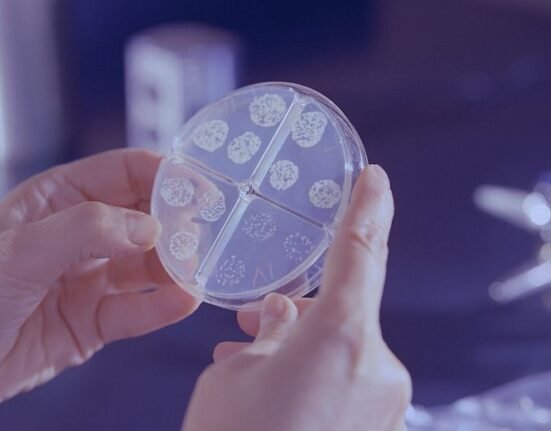HT team
October 10, 2022: The EC has intimated Teva Pharmaceutical Industries, an Israel-based global company, of its “preliminary view” that it has breached EU antitrust rules by engaging in practices intended to delay competition to its blockbuster multiple sclerosis medicine, Copaxone.
“These consisted in artificially extending patent protection of Copaxone and by systematically spreading misleading information about a competing product to hinder its market entry and uptake,” according to a statement posted on the European Commission’s website.
“Until today, there is not yet a treatment for the chronic illness of multiple sclerosis. So innovative medicines can make a major difference to patient’s quality of life,” said Margrethe Vestager, executive vice president in charge of competition policy.
“Effective protection of the intellectual property is key to this scientific progress. Our concern is that Teva may have misused the patent system to shield itself from the competition. It may have spread misleading information to discredit its closest competitor, to the detriment of patients and public health systems across the EU.”
Dominant position
The union’s antitrust policy draws from Articles 101 and 102 of the Treaty on the Functioning of the European Union (TFEU). While Article 101 prohibits anti-competitive agreements between two or more independent market operators, Article 102 prohibits abusive behaviour by companies holding a dominant position in any given market.
Teva’s Copaxone treats multiple sclerosis and contains the active pharmaceutical ingredient glatiramer acetate, over which Teva held a basic patent until 2015.
The European Commission, On Teva’s abusive practice, preliminarily finds that it abused its dominant position in the market for glatiramer acetate in Belgium, Czechia, Germany, Italy, the Netherlands, Poland and Spain.
The commission is concerned that Teva engaged in two types of abusive conduct, with an overall objective of artificially prolonging the exclusivity of Copaxone by hindering the market entry and uptake of competing for glatiramer acetate medicines.
Misuse of patent
“In particular, the commission preliminarily found that from February 2015 until today, Teva misused patent procedures after the original, basic patent expired. Teva artificially extended glatiramer acetate’s basic patent protection by filing and withdrawing secondary patent applications, forcing its competitors to file new lengthy legal challenges each time. This scheme is sometimes referred to as the “divisionals game,” according to the statement.
“This artificially prolongs legal uncertainty to the benefit of the patent holder and can effectively block or delay entry of generic or generic-like medicines.”
Suppose the commission’s preliminary views are confirmed. In that case, Teva’s behaviour will infringe Article 102 of the Treaty on the Functioning of the European Union (‘TFEU’), prohibiting the abuse of a dominant position.
Further, Teva’s behaviour would harm competitors and patients and inflate public health spending on specific multiple sclerosis treatments, which for Copaxone alone amounts to up to €500 million per year in the EU.
“If the Commission concludes, after the company has exercised its rights of defence, that there is sufficient evidence of an infringement, it can adopt a decision prohibiting the conduct and imposing a fine of up to 10% of the company’s annual worldwide turnover.”








